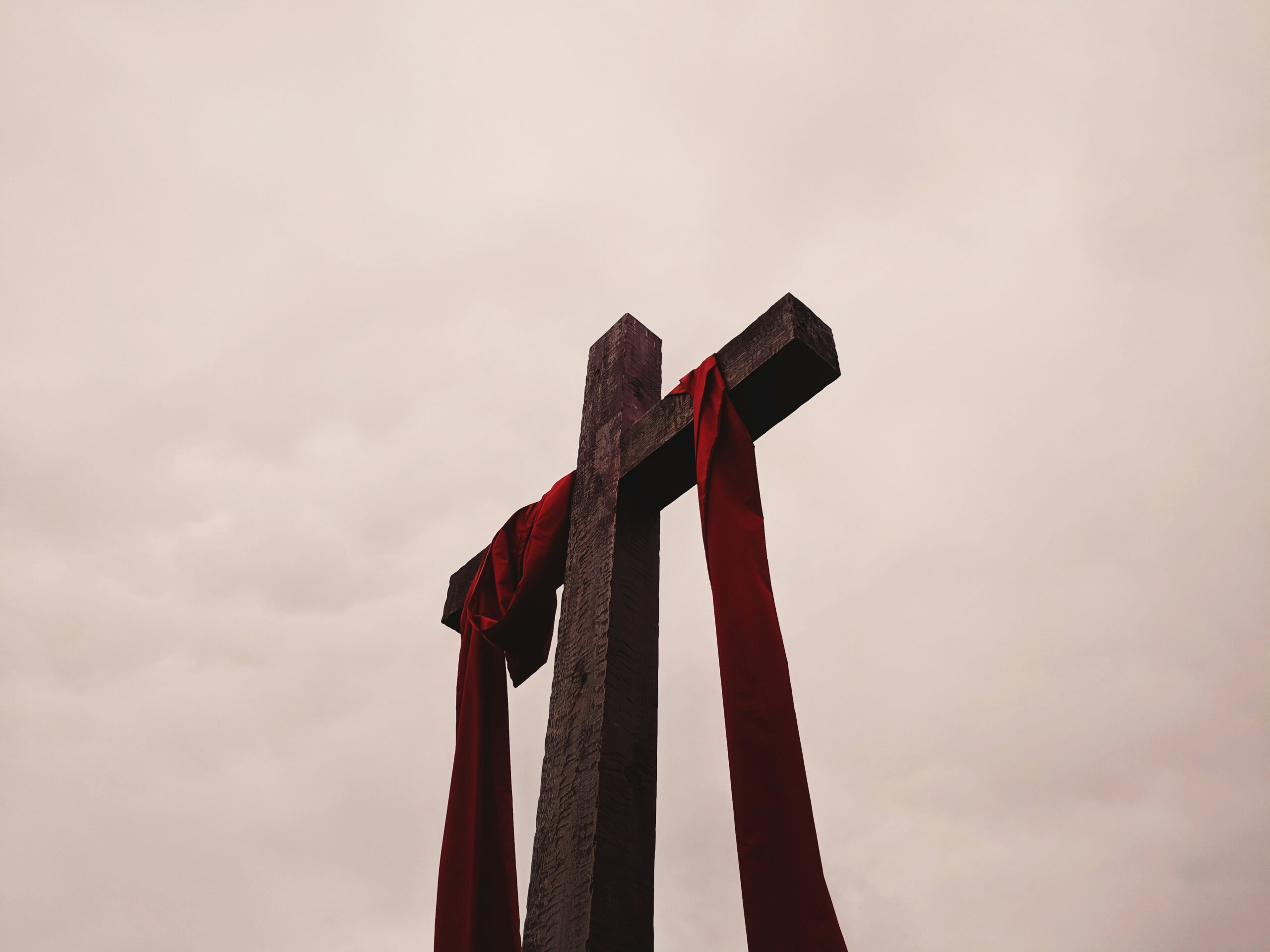Have you ever wondered why Good Friday, a day marked by mourning and the memory of suffering, carries the word “good” in its name? It’s a day that stands out on the Christian calendar, not just for the solemn remembrance it demands but for the profound message of hope and renewal it represents. Let’s dive into the paradox and promise of Good Friday, exploring its depths beyond the surface sorrow.
The Historical Background of Good Friday
Good Friday takes us back well over two thousand years to a pivotal moment in history: the crucifixion of Jesus Christ. According to the Christian faith, this was the day Jesus was betrayed, tried, and ultimately nailed to a cross, dying for the sins of humanity. It’s a story woven with themes of betrayal, sacrifice, and ultimate love—a narrative that has shaped the course of religious and cultural history.
Exploring the Paradox: Why “Good”?
So, why call it “Good Friday”? The answer lies in the profound outcome of Jesus’s sacrifice. It’s “good” because, through this ultimate act of love—giving one’s life for others—humanity was offered salvation and a pathway to reconciliation with God. This day underscores the belief that from the deepest sorrow can emerge the greatest hope, making the “good” in Good Friday a reflection of the ultimate benefit to humanity.
The Societal and Cultural Impact of Good Friday
Over centuries, Good Friday has left an indelible mark on societies and cultures worldwide. From silent processions and somber services to powerful dramatizations of the Passion of Christ, the day is observed with a depth of emotion that transcends geographical and denominational lines. These observances aren’t just rituals; they’re expressions of a collective reflection on sacrifice, love, and the possibility of redemption.
Lessons and Reflections for Today
But what does Good Friday mean for us today, in a world that often feels far removed from these ancient events? Whether you’re deeply religious, casually spiritual, or somewhere in between, Good Friday offers a moment to pause and consider themes that are universally human: sacrifice for the greater good, forgiveness, and the resilience of hope in the face of despair. It’s a reminder that, even in our darkest hours, there’s the potential for renewal and new life.
Just a Thought
“From Sorrow to Salvation” isn’t just a poetic phrase—it encapsulates the essence of Good Friday. It’s a day that invites us to look beyond immediate suffering to the hope that lies ahead. As we reflect on the meaning of this day, let’s embrace the lessons it teaches, carrying its messages of love, sacrifice, and renewal into our daily lives. In doing so, we honor not only a pivotal moment in Christian history but the enduring power of hope to transform our world.
FAQs Section
What exactly happened on Good Friday according to the Bible? Good Friday commemorates the day Jesus Christ was crucified and died at Calvary, an event central to Christian beliefs about sacrifice and salvation.
How do Christians around the world observe Good Friday? Christians observe Good Friday with various traditions, including church services, fasting, processions, and reenactments of the Passion of Christ, reflecting on the themes of sacrifice and redemption.
Can non-Christians find significance in Good Friday, and if so, how? Absolutely. The themes of Good Friday—sacrifice, love, and renewal—are universal, offering everyone, regardless of faith, an opportunity to reflect on the values of compassion, forgiveness, and hope.
Feature Photo by Alicia Quan on Unsplash


Leave a Reply